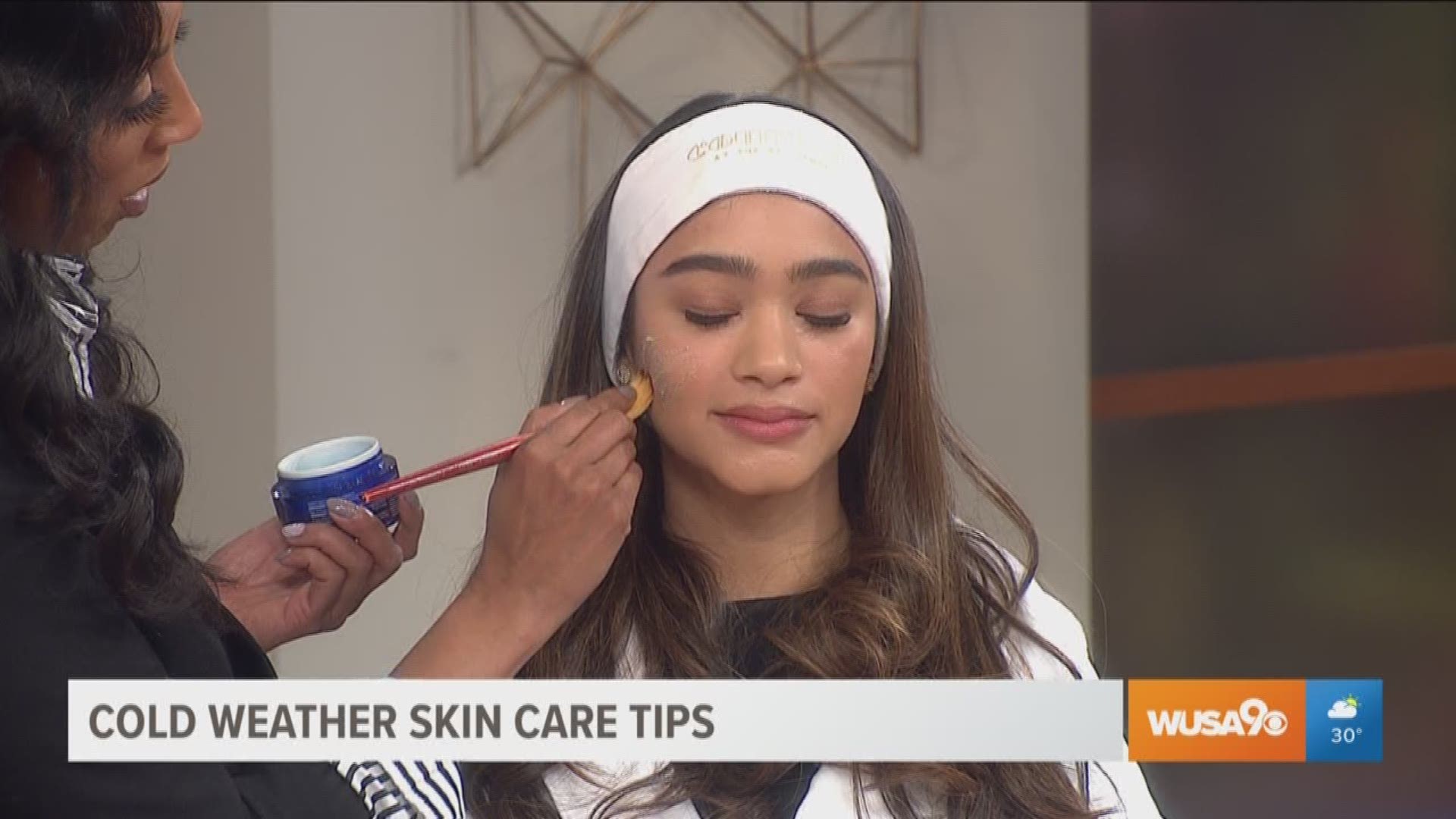WASHINGTON — You may have heard about the dangers of digital screen time, especially the light coming from our screens, called blue light.
There are blue light glasses to protect your eyes, but does blue light affect skin? WUSA9 spoke with board-certified dermatologist Dr. Noëlle Sherber to answer some of the most asked questions about blue light risks and protection.
Q: What is blue light?
A: Blue light is a form of the visible light spectrum – think the blue stripe in the rainbow. We’ve always been exposed to blue light from the sun, but light from screens is different.
"The hot topic now is what we are calling High Energy Visible, HEV, blue light," Sherber said. "That’s coming from our screens, our phones, and now that people are working and learning via screens more than ever, it’s become an increasing concern.”
Q: What are the effects of blue light on skin?
A: HEV blue light exposure is not equivalent to sun exposure. According to Sherber, it would take eight hours of blue light exposure to equate 20 minutes in the sun. So HEV blue light won’t cause skin cancer. However, it can increase pigmentation and inflammation and accelerate signs of aging.
“While we’re not saying that blue light is a danger, in terms of causing skin cancer, it may accelerate age-related skin changes as yet another form of environmental damage," she said.
Q: What can you do to protect yourself from HEV blue light?
A: It’s as simple as wearing sunscreen. Sherber said the most proven defense is a sunscreen with iron oxide.
“There are more and more products on the market specifically touting blue light defense," Sherber said. "Even sunscreens are now saying UV and blue light defense. So you can read the label and look for that.”
If you're not interested in topical protection, there are other easy ways to minimize exposure: set your brightness below 50% or use night mode, which eliminates most of the blue light from your screen. And make sure you’re at least 12 inches away from the screen.
Sherber says we’ll be learning a lot more about the effects of blue light as research continues to emerge.


